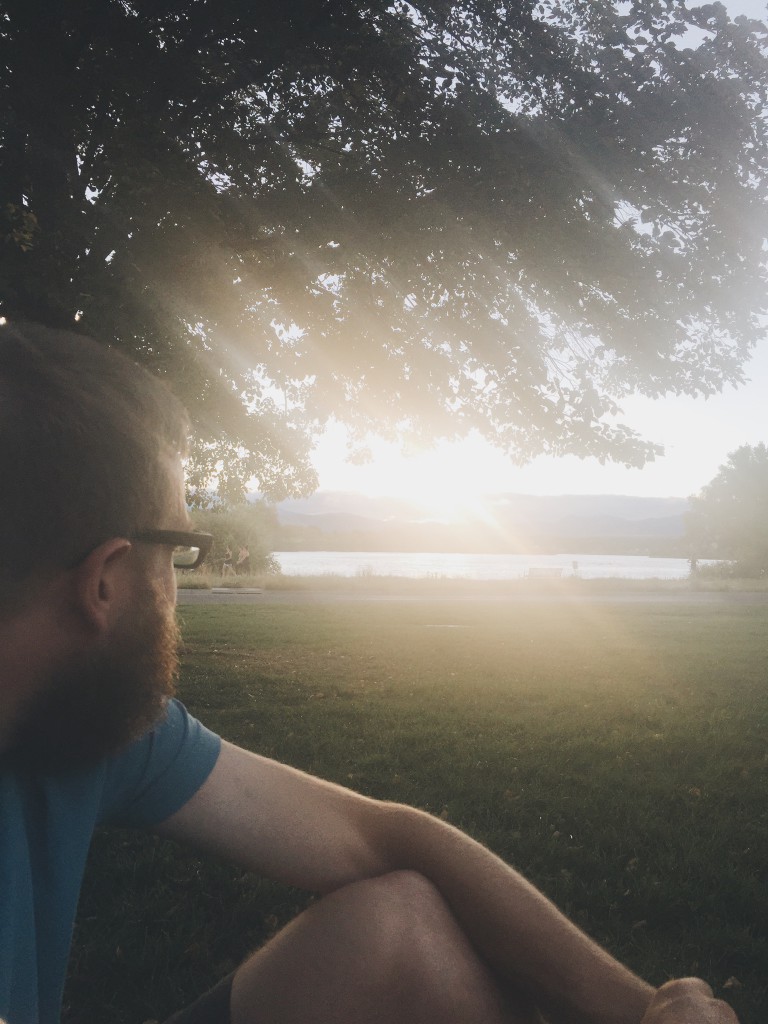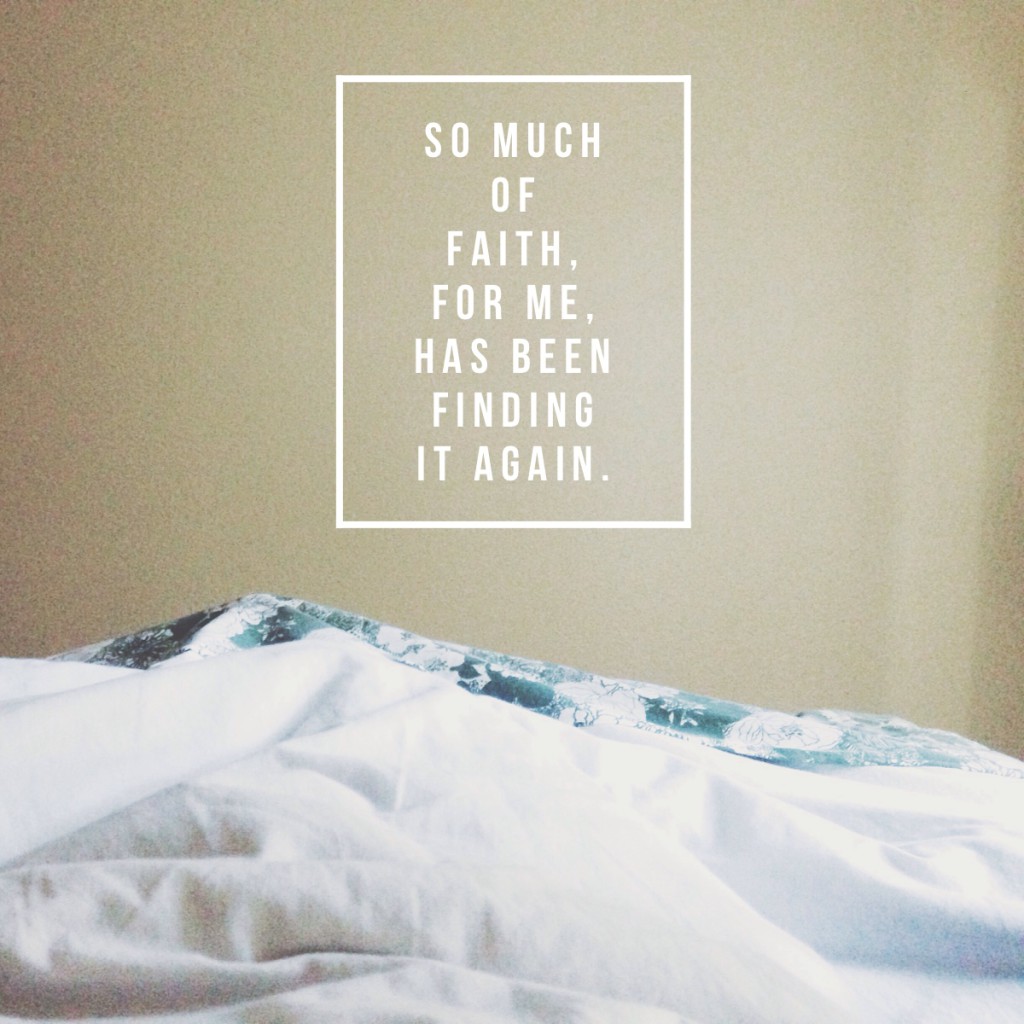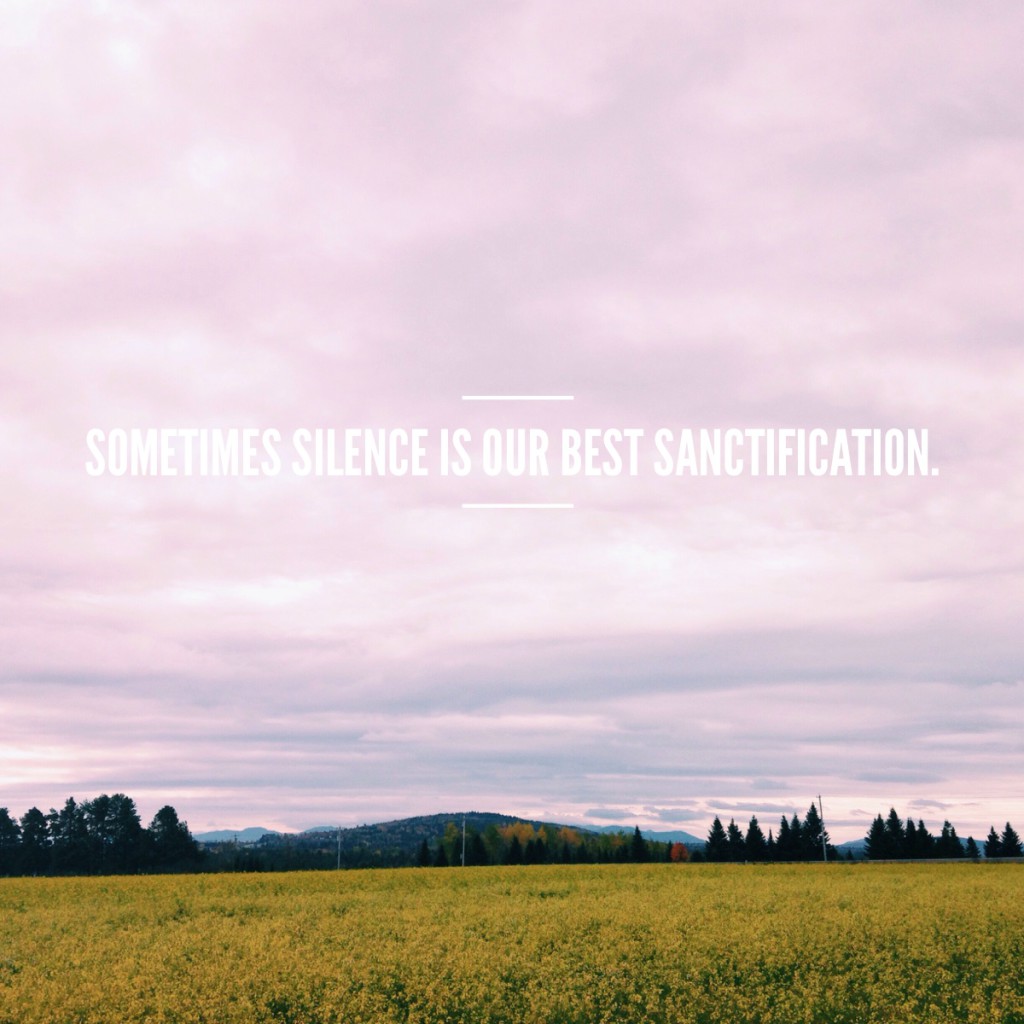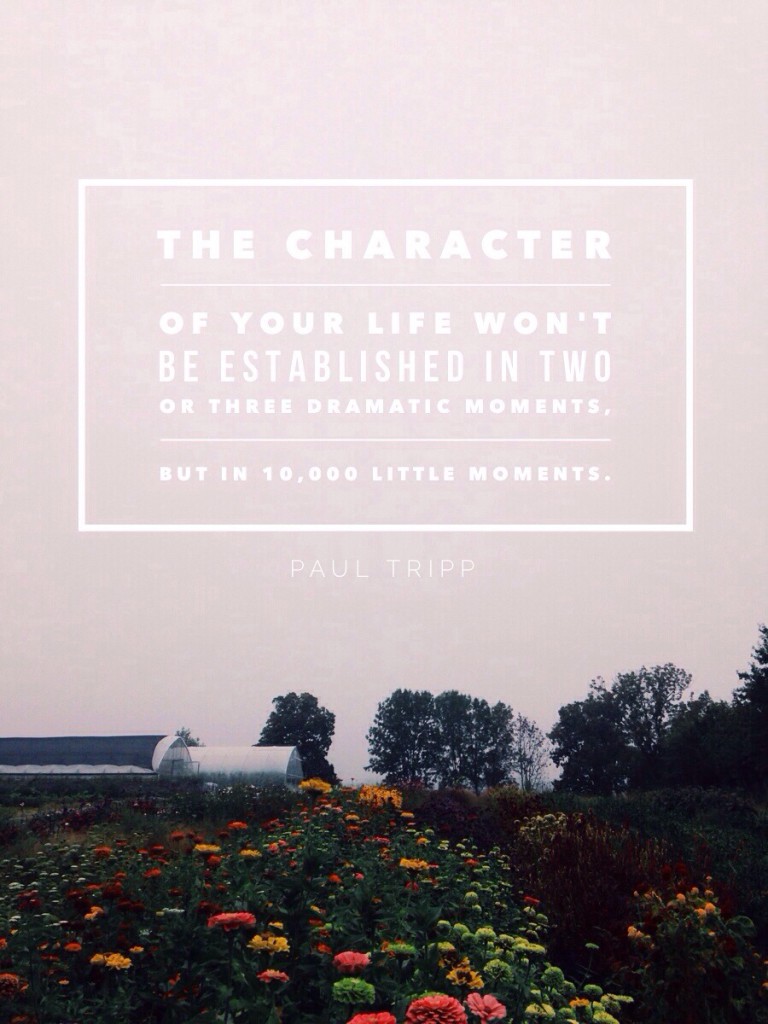Birds and Lilies and Beards and You: Or why a girl should never settle
I used to worry that God would make me marry a man who bored me or didn't like to read or didn't challenge me or who didn't have a beard. You see my frivolity? A beard? I spent time worrying God would make me marry a clean-shaven, soft-cheeked, hairless-faced guy. But I stand by the other desires: I wanted to lay on a blanket by a lake and discuss church and Church, theology and Isaiah, politics and the shape of the clouds. I wanted to never get tired of talking to him. Or listening to him. As I made my way through my twenties and then thirties, and dated good, nice, solid, kind men, I still found myself slightly stomach-knotted at the thought of tying myself to any of them for the rest of my life. I couldn't imagine it would be worth giving up singleness (as difficult as it was and lonely as I felt) to latch myself to any of them—and latch myself to that stomach-knottedness—for life. They were good men, but they weren't Nate.
A friend asked me the other day how a girl can avoid settling. The market is what it is, she said, and the pickings are slim. I hear her sentiments and shared them for 34 years and I hate the platitudinous answer I gave her, which was this: don't settle.
And I wasn't talking about settling for a man without a beard or a man whose physique may not be what you envisioned or who might have blond hair instead of brown and who may not play the guitar or write love poems for you—in this regard, women, settle yourselves down. No, I meant this:
Don't settle in the belief that God knows what is best for you today and tomorrow and all the days of your life. He has given you the blessed-horrible gift of singleness today. One day you feel its blessedness and another you feel its horridness, but either way, it is the gift you have today. The question of settling is not attached to a man at all, but to the God whose job alone it is to give you the gift of a mate. So the question is not "Should I settle for a man who is less than what I envisioned?" and really, "Should I settle in the belief that God doesn't hear or care about the desires of my heart?"
. . .
Nate and I have created a small ritual in our lives these days. At five o'clock, when the workday ends, we knot our sneakers, he slings a blanket over his shoulder, and we walk to the lake a few blocks away. We find a spot high enough up that we can see the sun set over the Rockies and we talk until it creeps down behind them. Sometimes one of us rants. Sometimes I cry. Sometimes he just listens, or I do. The other day we talked about Church history and architecture, and when the wind came blowing down the hill I pressed myself against his strong back, touched his beard, and I thanked God for not giving me the chance to settle. I thanked him for all the stomach-knotted uncertainty I'd had for the past 34 years. It was God's good protection for me, and such a familiar feeling that when I knew I would marry Nate, I knew it with a surety and freedom I couldn't have had without all those years of knowing it was not right.
Sisters and friends—and brothers, you too—do not settle for less than the belief that God has written your story before the foundation of the earth and he is the giver of good and perfect gifts in the proper time. He cares about birds and lilies and beards and you.











